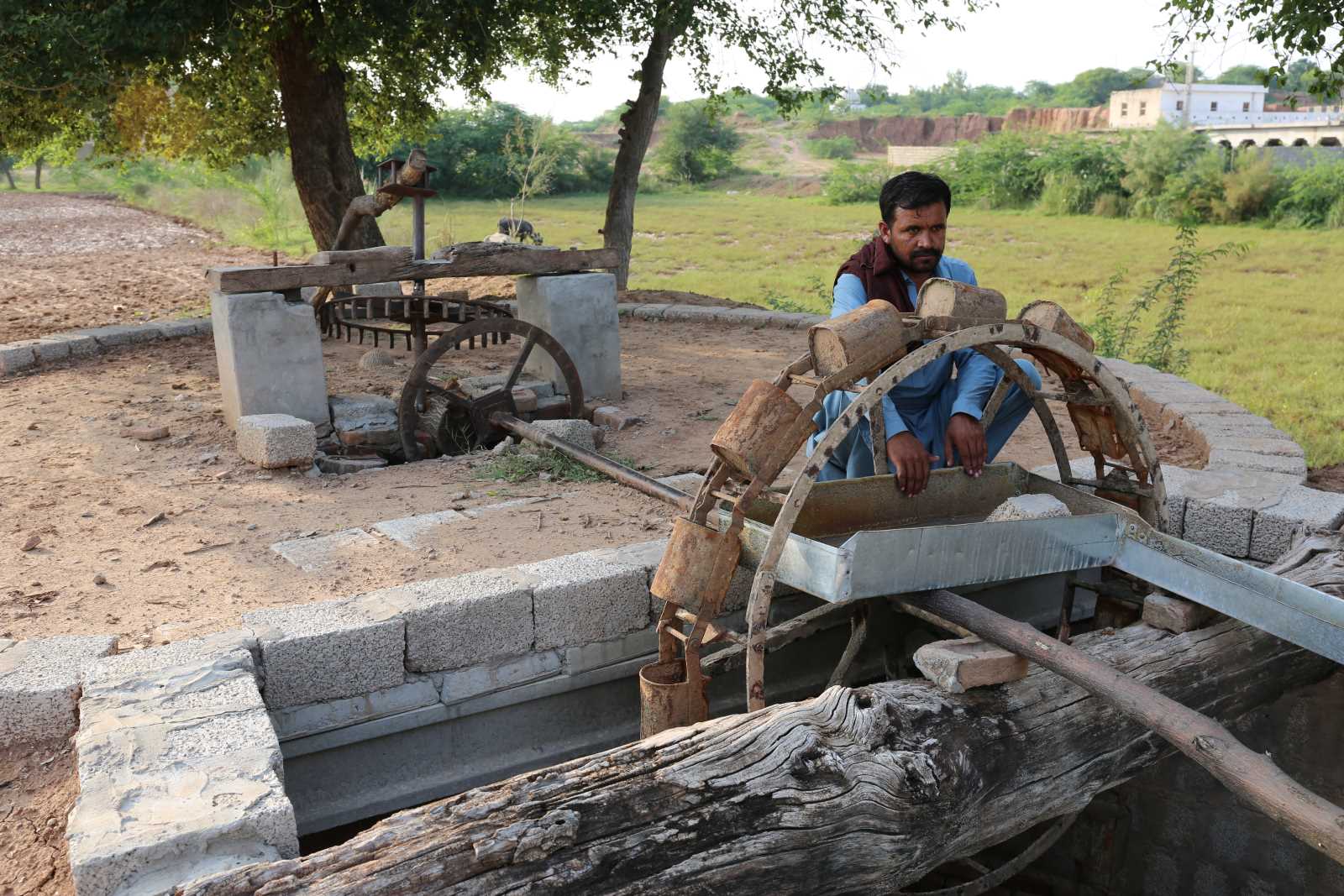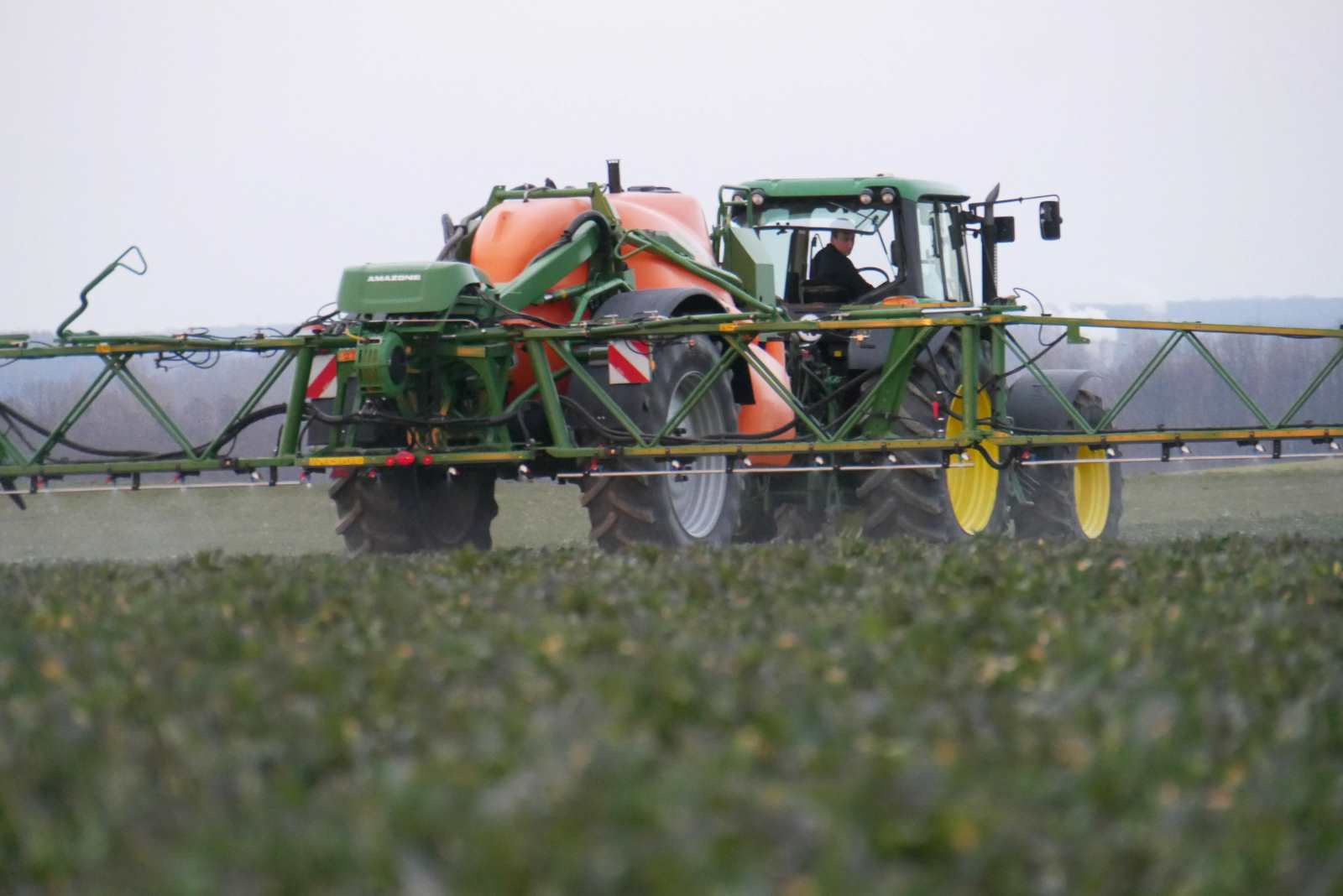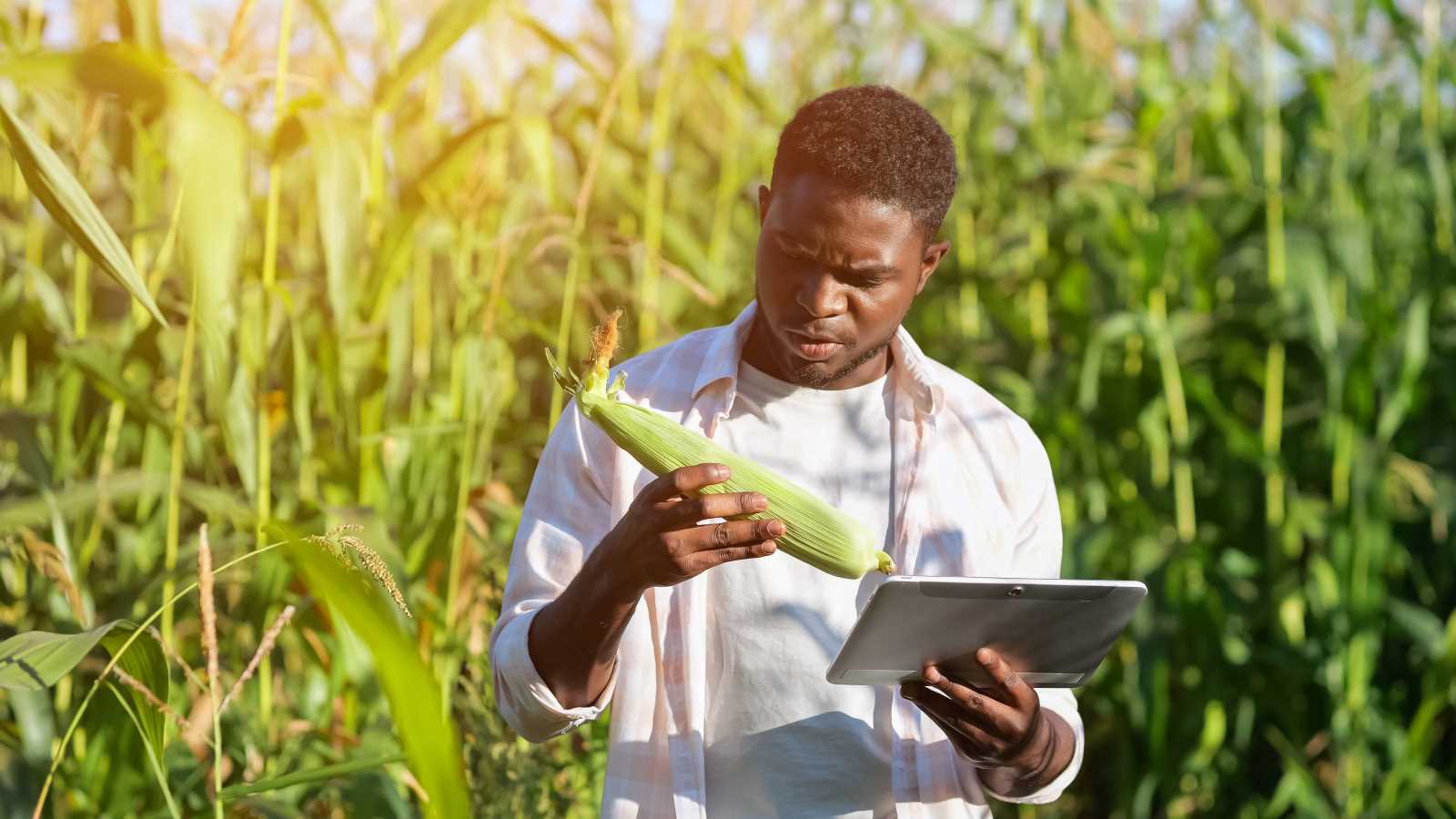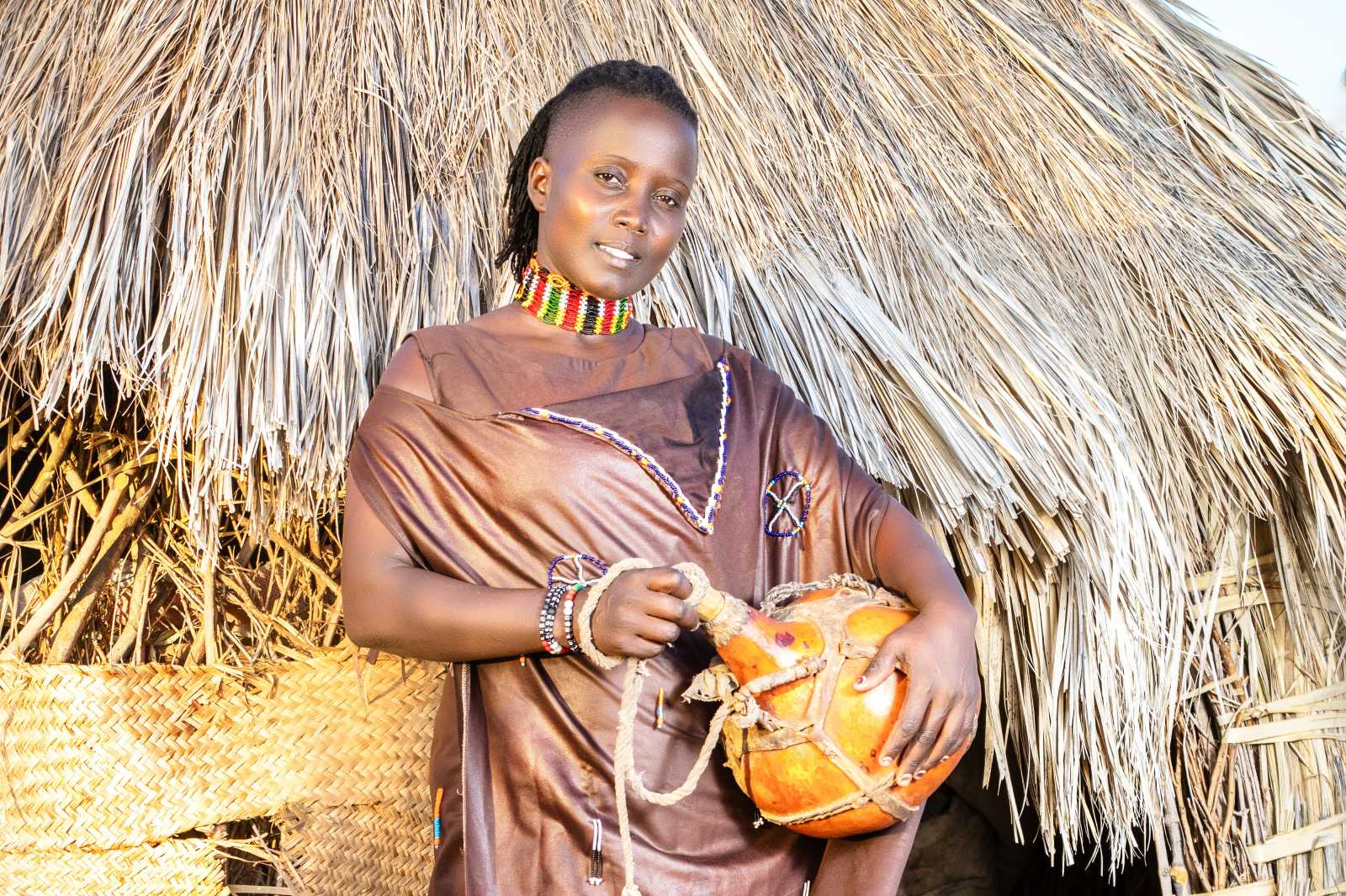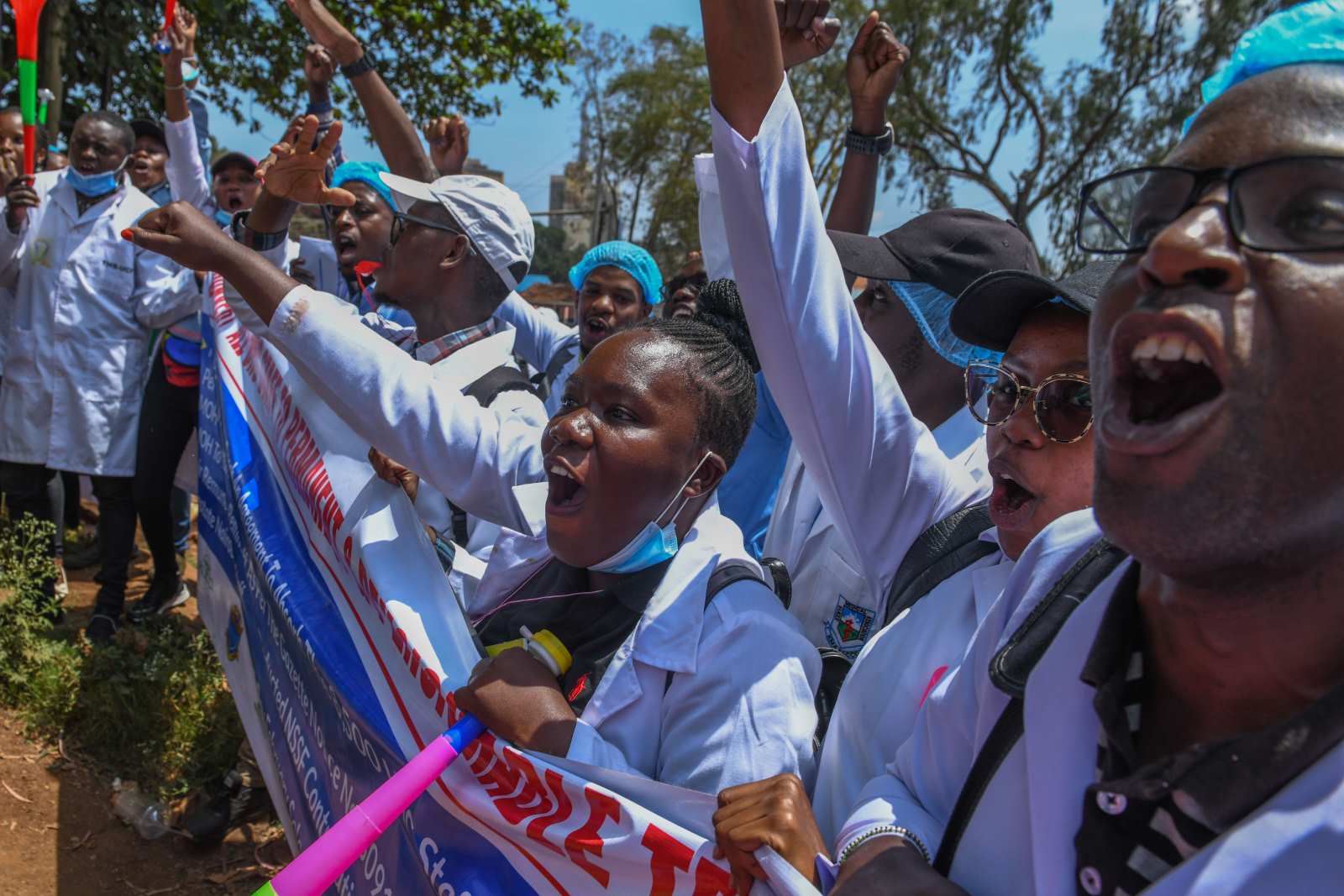Conflict region
Coping with strife, climate impacts and a broken economy
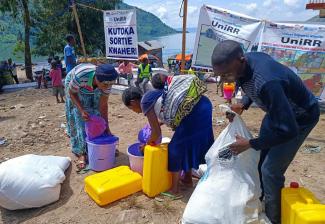
The DRC (Democratic Republic of the Congo) is stuck in an extended political crisis, which is worsened by armed conflicts in its eastern region. In past decades, the violence has often been devastating, and the humanitarian situation is quite bad. Food insecurity persists. In the lack of competent national coordination, various positive interventions from civil-society organisations remain insufficient.
On top of civil strife, the escalating impacts of climate change and the dysfunctional economy are undermining food security. Agricultural production tends to be weak, and it is not supported by proper policies. Farmers further do not benefit from infrastructure, whether of the hard or soft kind, like financial services for example.
At the local level, too many people have given up hope. They do not think they can escape poverty. However, according to IJED, the research-oriented civil-society organisation which I lead, meaningful action is possible.
Failures of the past
It is crucial to correct failures of the past, and in particular the destruction of ecosystems. We must rise to environmental challenges by developing and adopting appropriate farming practices. They will have to be diversified and sustainable, and agroforestry will certainly be part of the solution. We believe that food systems that are based on agroecological principles will serve the people better, and they will also help to reduce conflicts.
These are the issues that deserve immediate attention:
- Grassroots communities need seeds of fast-growing and climate-resilient crops. The sooner farmers harvest, the faster food security improves – but obviously, climate impacts must not cause too much harm.
- Community gardens for the cultivation of vegetable and fruit are important. Polycultures will contribute to making them resilient, and so will the use of composted bio-fertiliser.
- Much more must be done for the conservation of soils and water. Plantation patterns should prevent erosion. Moreover, practices that maintain soil moisture and support other aspects of soil fertility have to be promoted.
- The DRC needs an integrated approach to pest control, prioritising biological methods. Natural organisms that keep pest populations in check are preferable to chemical pesticides, which are not only expensive, but also detrimental to soil health. To reduce damaging insect populations, eco-friendly traps should be used.
- Agroforestry is of great urgency. Fast-growing trees can offer immediate benefits, including shade, more stable soils and edible produce.
- In regard to livestock, small animals deserve more attention. As rather resilient species, goats and chicken are sources of protein-rich food, but do not require many resources.
- The DRC needs an awareness raising campaign so that as many people as possible adopt the new practices fast. Networks in which local communities can share insights on what works well in a spirit of solidarity are essential.
Humanitarian aid won’t do
In view of the DRC’s serious humanitarian problems, conventional aid will never be enough. We need new approaches to farming. We need to find a new balance for humans to live in an equilibrium with nature. We must find it fast, and it will have to prove lasting. To achieve that, we must pay attention to the needs, knowledge and aspirations of local communities. Agricultural research must do so too.
The work has begun. At IJED, we are cooperating with others to reach out to village communities. We are in favour of an inclusive and coordinated approach but cannot launch it only with our partners. The DRC’s policymakers must assume responsibility, and so must their development partners from both the established donor countries and emerging markets.
Jean Masemo is the director general of the research-oriented civil-society organisation IJED which is active in South and North Kivu, the eastern provinces of the DRC. IJED stands for Initiative des Jacobins Éleveurs pour le Développement – Jacobine Breeders’ Initiative for Development.
ijedasbl@yahoo.fr
https://www.ijed-rdc.org/

